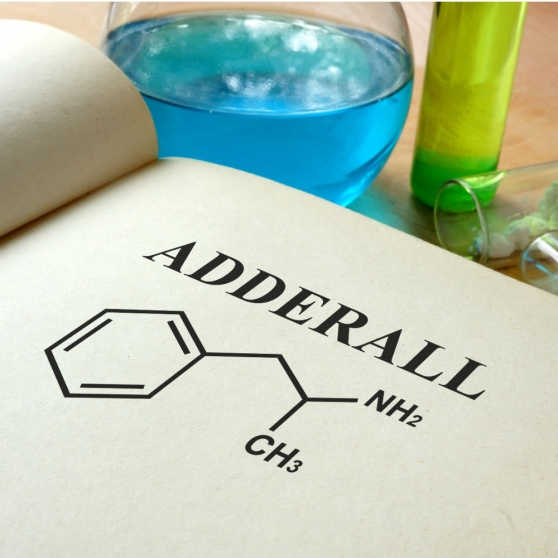Managing ADHD with Medication
The most common medications prescribed to ADHD patients are stimulants. These medications work by increasing levels of the brain chemicals dopamine and norepinephrine. Both short-acting and long-acting (extended release) stimulants are available. Common side effects include restlessness, irritability, depression, insomnia, loss of appetite, dizziness, racing heartbeat, headaches, upset stomach and tics. In rare cases, stimulants can cause a person to become withdrawn, listless, or less spontaneous and talkative. Stimulant medications used to treat ADHD include amphetamines like Adderall and methylphenidate like Ritalin and Concerta.
Reviewed by:
Review Date:
November 5, 2015Citation:
American Academy of Child & Adolescent Psychiatry, "What is ADHD?" Kids Health, "ADHD Medicines" Mayo Clinic, "Adult ADHD" Help Guide, "ADD/ADHD Medications" Casa Columbia, "What parents need to know about ADHD medication abuse" Image courtesy of Sangoiri | Dreamstime.com Image courtesy of Valerius Geng | Dreamstime.com Image courtesy of Andrey Popov | Dreamstime.com Image courtesy of Designer491 | Dreamstime.com Image courtesy of Simone Van Den Berg | Dreamstime.com Image courtesy of Jan Dunda | Dreamstime.com Image courtesy of Marzanna Syncerz | Dreamstime.com Image courtesy of Andrey Popov | Dreamstime.com Image courtesy of Dragonimages | Dreamstime.com Image courtesy of Studio Grand Ouest | Dreamstime.com Image courtesy of Victorpr | Dreamstime.com Image courtesy of Petro | Dreamstime.com
Last Updated:
November 9, 2015
